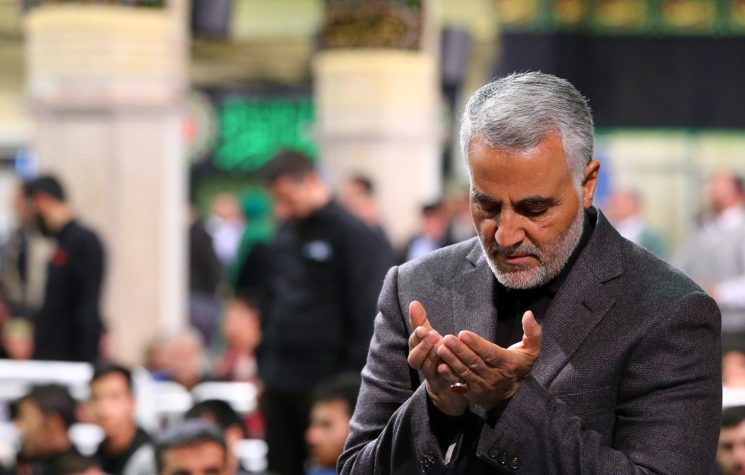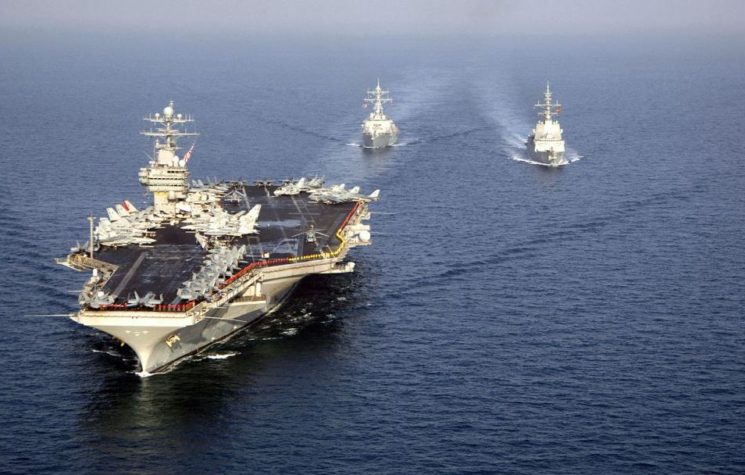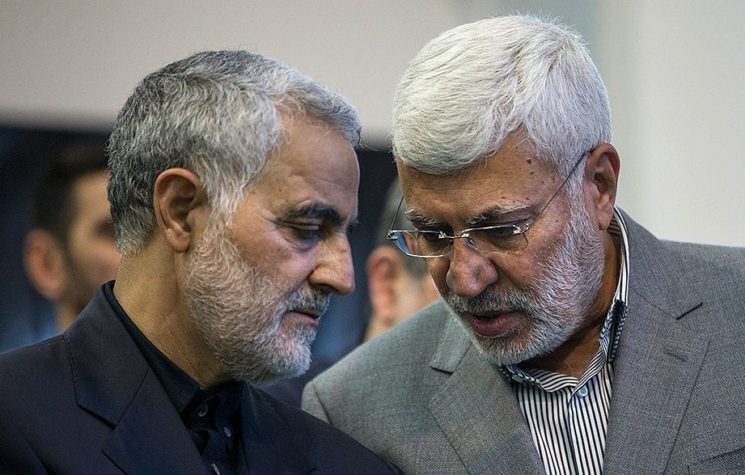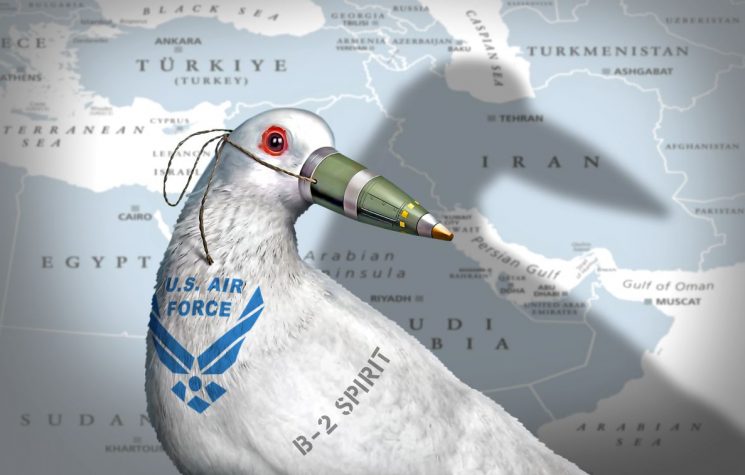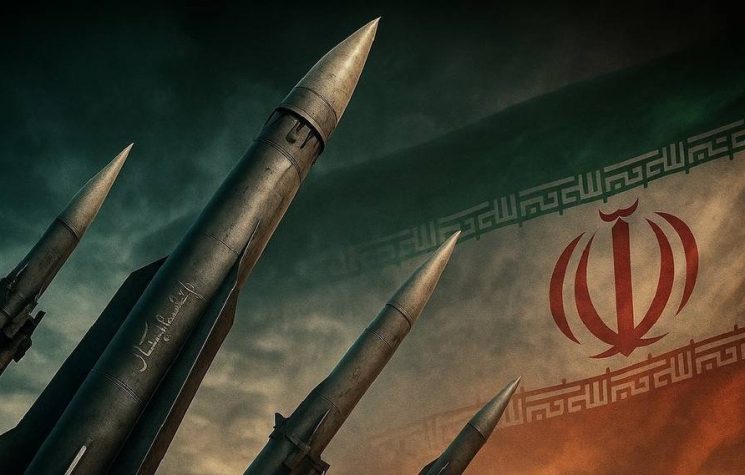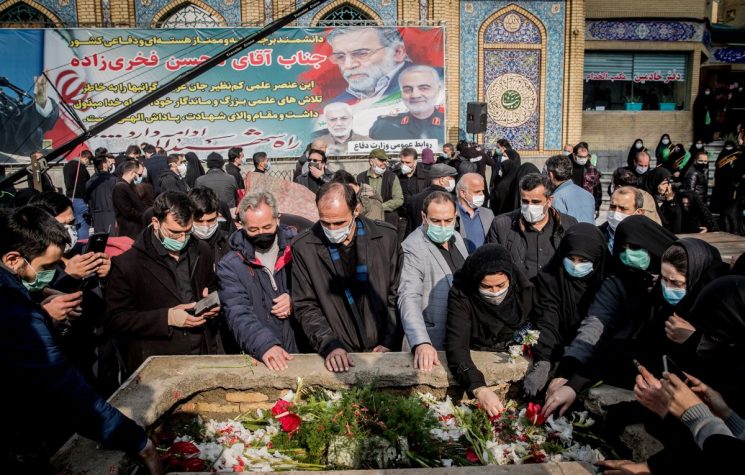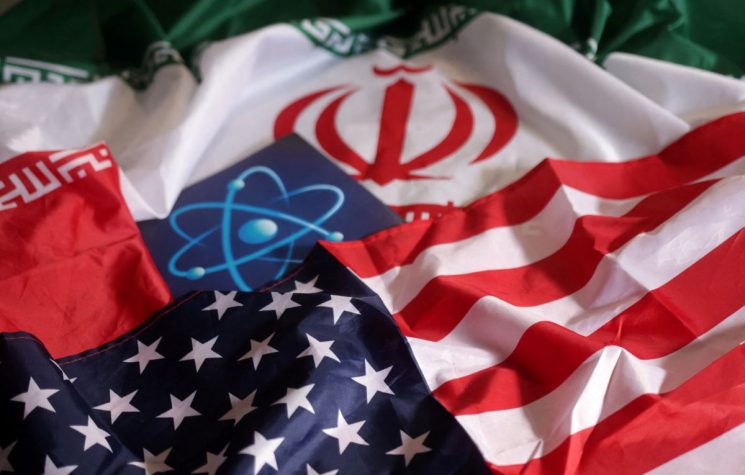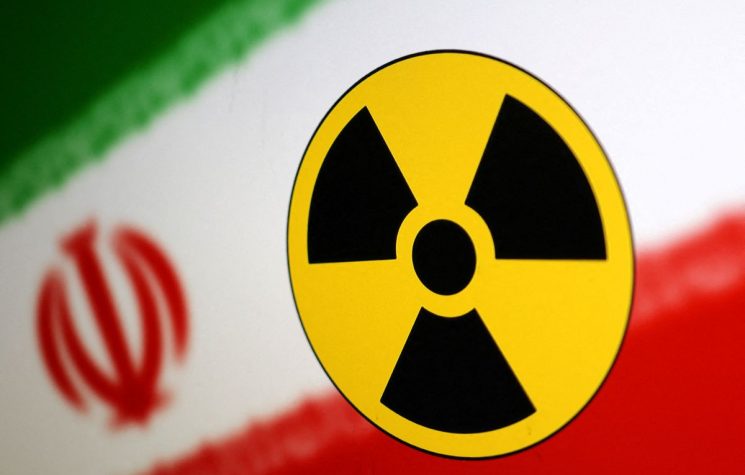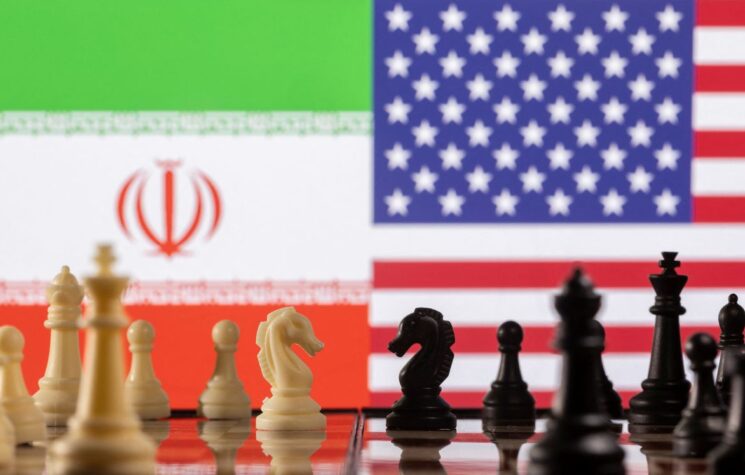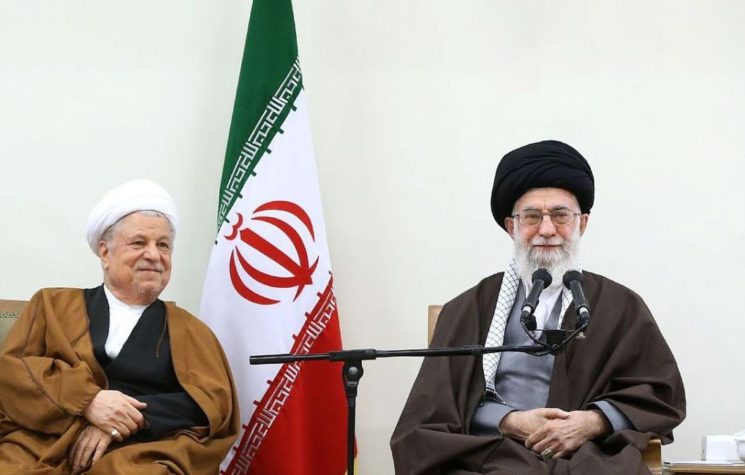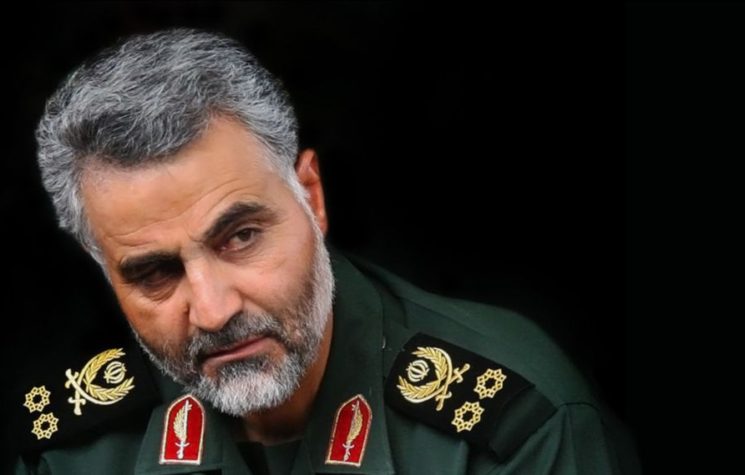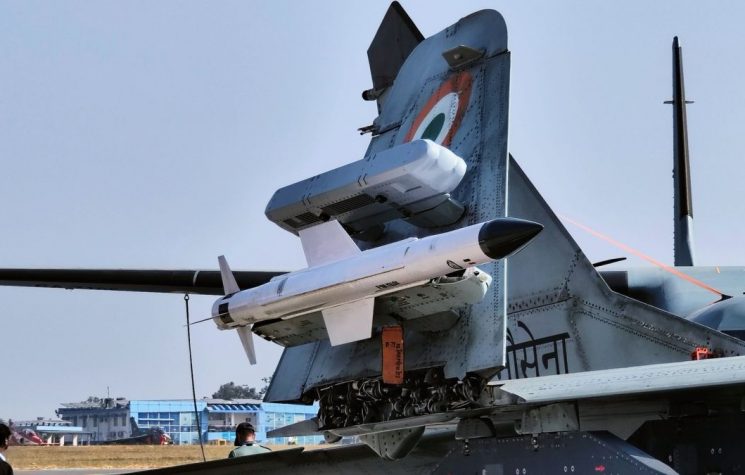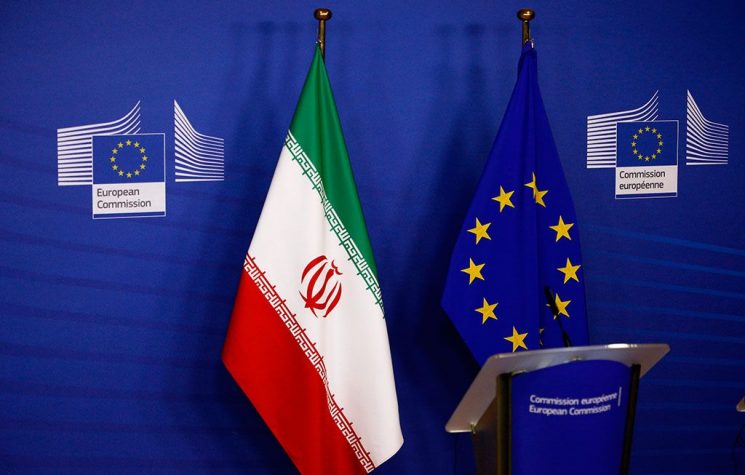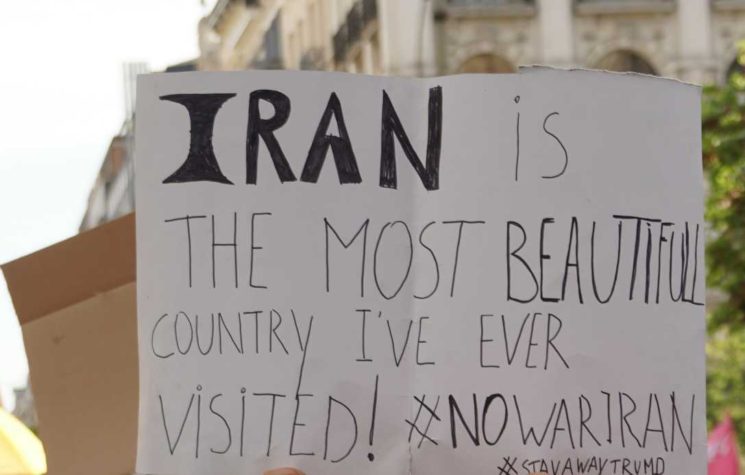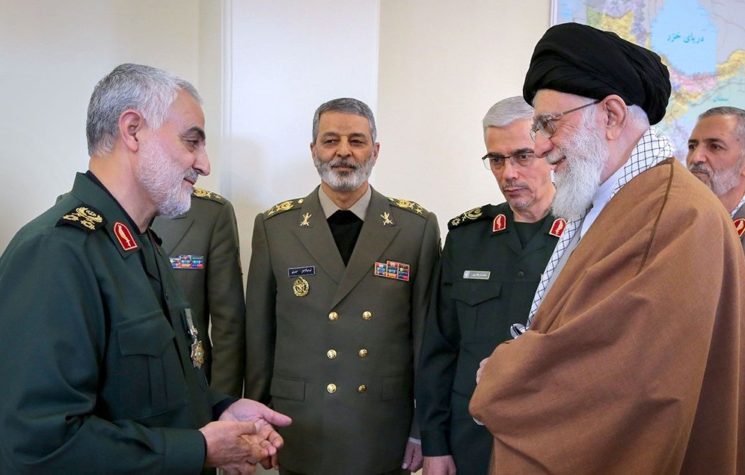Iran is not done. General Hajizadeh, Commander of the IRGC Aerospace Force, said in a briefing yesterday that the strike “was the starting point of a great operation”. He also underlined that “the strikes were not meant to cause fatalities: We intended [rather] to deliver a blow to the enemy’s military machine”. And the Pentagon is saying, too, that Iran intentionally missed US troops at the bases. This is tantamount to the Pentagon admitting that Iran can land missiles with extreme accuracy over a distance of several hundred miles – and further, this occurred with not one missile being intercepted by the US forces. To completely avoid targeting soldiers at a large military base is no mean feat – it suggests an accuracy within a meter or two – not ten meters – for Iranian missiles.
Isn’t this the point? It suggests that advances in Iran’s guidance systems can land missiles with extreme precision. Haven’t we seen something similar happen recently in Saudi Arabia (Abqaiq)? And was it not clear from Abqaiq that highly expensive US air defence systems do not work? The IRGC satisfactorily have demonstrated that they and their allies can penetrate US manufactured air defence systems, using domestically produced ‘smart’ missiles, and by using their electronic warfare systems.
The US bases around the region – in short – now represent vulnerable US infrastructure – and not strength. Ditto for those expensive carrier battle fleets. The Iranian message was clear and very pertinent to those who understand (or want to understand). To others, less strategically aware, it might seem that Iran pulled its military punch, and showed weakness. Actually, when you have just demonstrated the ability to upend the military status quo, there is no need for a hail of trumpets. The landing of the message itself is the ‘blow’ to a ‘military machine’. Neatly calibrated: it avoided head to head-on war. Trump stood down (and claimed success).
So then, is it all over – all done and dusted? Finished with? Not at all. Both the Supreme Leader and Gen. Hajizadeh said (effectively) that the strike represented an outset – ‘a beginning’. But much of the MSM – both in the West and some in Israel – lend a cultural ‘tin ear’ towards how Iran manages asymmetric war – even when it is spelled out explicitly.
Asymmetric warfare is not a ‘dick swinging’ exercise. It is more David and Goliath. Goliath can crush David with a blow from his clenched fist, but the latter is nimble; quick on his feet, dancing around the giant – just out of his reach. David has stamina, but the giant lumbers heavily around, and is easily angered and exhausted. Eventually, even a well-aimed pebble – not even a Howitzer – brings him down.
Listen closely to the Iranian message: Should the US withdraw from Iraq, as requested by the Iraqi Parliament, and in accordance with its agreement with the government of Baghdad, and then ‘go’ from the region, the military situation will ease. However, should US insist on staying in Iraq, US forces will come under political and military pressure to quit – but not from the state of Iran. It will come from the inhabitants of those states in which the US forces presently are deployed. At this point, US soldiers may be killed (though not by Iranian missiles). It is America’s choice. Iran holds the initiative.
Iranian leaders have been very explicit: The ‘slap’ of the strike at the Ain al-Assad base is not the pay-back for General Soleimani’s targeted assassination. Rather, it is the campaign consisting of the amorphous, quasi-political, quasi-military, asymmetrical war on America’s presence in the Middle East that has been dedicated as fitting to his memory.
This is David dancing around Goliath. Soleimani’s assassination has energised and mobilised millions in a new fervour of resistance (and not just the Shi’a, by the way). And the trashing of Iraq’s sovereignty by President Trump’s response to the vote in the Iraqi parliament (calling for foreign forces to leave Iraq), has created a new political paradigm which even the most pro-American of Iraqis cannot easily ignore. It is – notably – a non-sectarian mission (removing foreign forces).
And Israel, after initial self-congratulation (amongst the Netanyahuists) has understood that Iran has ‘stepped-up’, and not ‘stepped back’. Veteran Israeli security corresponded Ben Caspit writes:
“The letter of Gen. William H. Sili, commander of US military operations in Iraq, was leaked and then rapidly disseminated among Israel’s most senior security figures on Jan 6 … The content of the letter — that the Americans were preparing to withdraw from Iraq immediately — turned on all the alarm systems throughout the Defense Ministry in Tel Aviv. More so, the publication was about to set in motion an Israeli “nightmare scenario” in which ahead of the upcoming US elections, President Donald Trump would rapidly evacuate all US forces from Iraq and Syria.
“Simultaneously, Iran announced that it is immediately halting its various commitments regarding its nuclear agreement with the superpowers, returning to high-level uranium enrichment of unlimited amounts and renewing its accelerated push for achieving military nuclear abilities. “Under such circumstances,” a senior Israeli defense source told [Caspit], “We truly remain alone at this most critical period. There is no worse scenario than this, for Israel’s national security … It is not clear how this letter was written, it is not clear why it was leaked, it is not clear why it was ever written to begin with. In general, nothing is clear with regard to American conduct in the Middle East. We get up every morning to new uncertainty.””
The impeachment of the US President launched by the House, has left Trump very vulnerable to the Zionist and Evangelical rump in the US Senate, whose votes nonetheless will be essential to Trump’s bid to remain in office when the articles of impeachment move to the Senate. And to a trial where Trump must block the Democrats allying with any Republican rebels in order to achieve a two-thirds ‘guilty’ vote. The Impeachment leverage has been used several times to push Trump to act in the Middle-East directly contrary to his electoral interest – which remains contingent on keeping soaring markets – and in talk of a China Trade deal.
What Trump needs most now (in electoral campaign terms) is a de-escalation with Iran – one that would mitigate political pressure from the neo-con and Evangelical quarters, and allow him to show-case the inflated asset markets.
But this is precisely what he will not get.
Trumps’ attempts to contain the Iranian response to the Soleimani killing were unreservedly rebuffed by Tehran. The missives were never opened, nor allowed for them to be spoken by the mediators. There is no room for talks, unless Trump lifts sanctions and the US re-commits to the JCPOA. This will never happen. There will now be immense pressure from all the Israel lobbies for America to remain in Iraq and Syria (pace Caspit’s comments). And the ghost of Soleimani’s ‘revenge’ will haunt America’s forces in the region for months, if not years, to come.
Iran – wisely – has eschewed direct, state-to-state military conflict, for a more subtle, and pernicious war on the US presence in the Middle East – a war, which if successful, will re-cast the region.
No, it’s not over. Its set to escalate (but in an asymmetrical way). Trump will remain squeezed in the rogue Senators’ vice.










